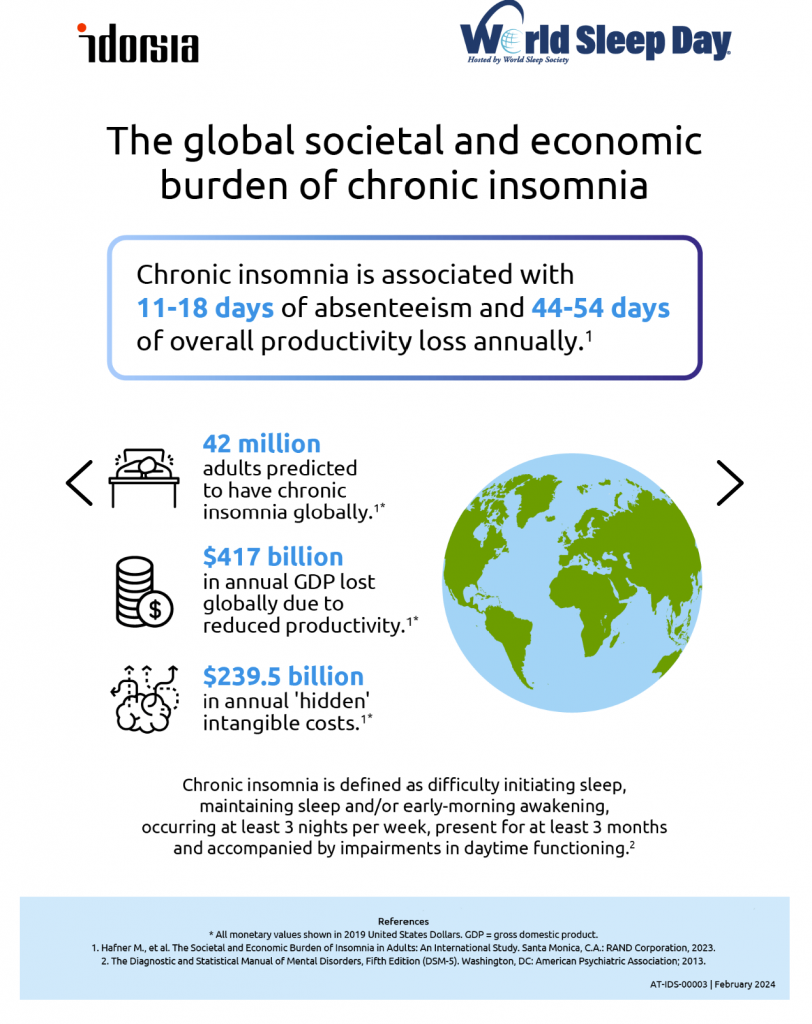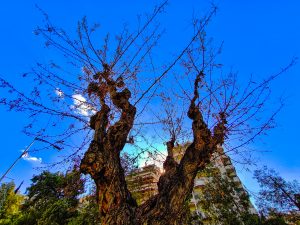World Sleep Day 2024 draws attention to the critical role that sleep plays for our overall health, but also brings to the forefront the growing disparities in sleep health throughout the world as many lack even a bed while others are paying for expensive ‘sleep tourism’ holidays in the hope of finally catching some shuteye.
What is World Sleep Day
Every third Friday of March has been designated World Sleep Day in order to help highlight the key message of “sleep equity for global health” and raise awareness around the importance of sleep through education, outreach and community engagement activities.
And most of us know the basics about the importance of sleep to health, such as how it: supports our memory and learning, promotes brain health, boosts the immune system to clear bacteria and viruses and helps improve our energy levels.
Meanwhile scientific reports over the years have drawn links between poor sleep and: obesity, diabetes, heart problems, weak immune systems, dementia, and cognitive impairment similar to alcohol intoxication.
Sleep Health Disparities
But have you considered the impact that sleep health disparities can have on global populations?
According to WorldSleepDay.org, ‘sleep health disparities’, “are defined by persistent differences in one or more of the sleep health dimensions that adversely affect a population…The causes for these disparities can be both social (e.g., psychological stress, financial strain, hunger, threats to safety) and environmental (e.g., light, temperature, noise, air quality).”
Taking a closer look at the concept and according to research by Hale, Troxel and Buysse, “poor sleep health aligns with social disadvantage, including in racial/ethnic minorities, the homeless, and institutionalized populations. Emerging evidence suggests that the uneven distribution of sleep health across the population contributes to health inequities.”

In the case of Greece, a 2022 report on the sleep habits of indigenous and minority populations in northeastern Greece found that, indeed, sociodemographic and health-related factors are correlated with sleep disturbances.
Less sleep was found to be associated with being divorced or widowed, high alcohol and coffee consumption, screen exposure before bedtime, having young children, anxiety and depression. Longer sleep was correlated with being a university student, having money, following a Mediterranean diet, and obesity.
As a result of the above, supporters of World Sleep Day consider the rise of poor sleep among the world’s populations a public health epidemic similar to obesity, and are calling for public health systems to pay more attention to it and take a more holistic approach in raising awareness around and dealing with sleep health problems.
The Rise of Sleep Tourism
So while the complex nexus between socio-economic issues and poor sleep are under the microscope, the ever-growing luxury trend of sleep tourism reminds us that poor sleep troubles even those with the deepest wallets.
Industry experts explain that the shift from travelers looking for some rest and relaxation to targeted sleep vacations started after COVID.
In fact, according to the BBC the word ‘insomnia’ was googled more in 2020 than it ever had been before and researchers “discovered an ‘alarming prevalence’ of clinical insomnia” with almost 40% of Greeks stating during COVID that they couldn’t sleep.
Since then, the importance of sleep has come to the forefront and grasped as an opportunity by the tourism industry, with many luxury travel hotels marketing themselves explicitly as ideal places for travelers to catch up on sleep.
So far, most hotels are higher end, promising quiet, plush sleeping quarters with harmonious decor. They started in exotic locations but now sleep hotels can even be found in the heart of bustling London and New York City.
The trend does not seem to have caught on explicitly in Greece yet though, although the country does indeed boost world class properties. Perhaps as Greece’s Ministry of Tourism looks for more ways to diversify its tourism offering, it will consider adding ‘sleep tourism’ to its mix.


